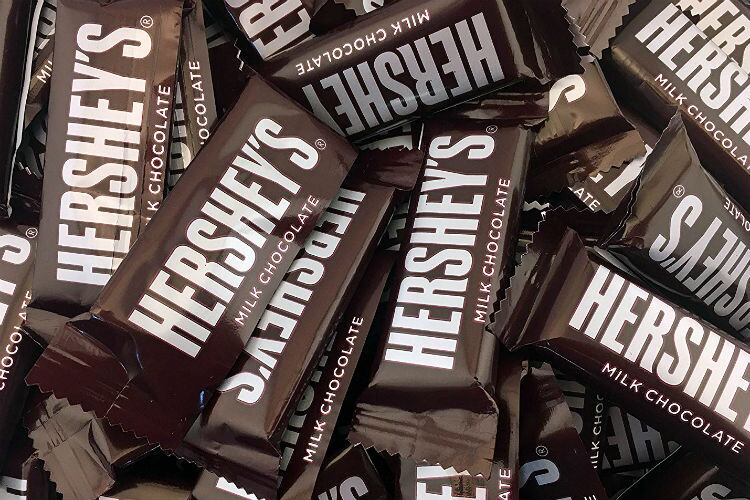The West African country is the world’s largest cocoa grower and reports indicate that its ongoing main crop sales are down -15%, with the bulk of its upcoming mid-crop still sitting in warehouses.
The selling of export contracts for its main crop, and 30-40% of its mid-crop, are normally completed before the season begins in October. The last time it failed to sell all of its cocoa was during the 1988-89 season.
An unnamed source at regulator Conseil du Café-Cacao (CCC) said the country had between 200,000 and 250,000 tonnes of unsold cocoa from the main crop. The main crop runs from October to March, and traders and industry experts expect it to yield approximately 1.6 million tonnes.
The source told local media that between 90% and 95% of contracts for the April-to-September mid-crop, which is expected to yield roughly 500,000 tonnes of cocoa, had not yet been sold.
Higher prices associated with the LID has given exporters the excuse to buy beans from other countries, including Ecuador, Brazil, Nigeria or Cameroon, where they are less expensive.
In a public row earlier this week, Cote d’Ivoire and and Ghana said they were cancelling cocoa sustainability schemes run by Hershey, accusing the company of sourcing unusually large volumes of physical cocoa on the ICE Futures Exchange to avoid paying the LID.
Hershey and other chocolate companies say they are still committed to paying the LID.
In a statement to the media, Hershey has hit back at the allegations: “It is unfortunate that Cote d’Ivoire and Ghana have elected to distribute a misleading statement this morning and jeopardize such critical programs that directly benefit the cocoa farmer,” the company said, reiterating that it was paying the premium, known as the Living Income Differential or LID, for cocoa purchases from the 2020-21 season. “We buy a substantial supply sourced from West Africa.”
The two West African countries have also accused Fuji Oil Holdings' Blommer subsidiary of aiding Hershey in acquiring the beans.
In a statement it said: “We regret that there has been an expression of doubt about the industry’s support of cocoa farmer income levels and, more specifically, the Living Income Differential. Despite the impact of Covid-19 on chocolate demand, Blommer expects to purchase its average annual tonnage of cocoa from Cote d’Ivoire and Ghana with full LID pricing for delivery in calendar 2021, with a majority having already been purchased to date.”
Mars Wrigley and Olam Cocoa have also been accused of similar practices and both companies have categorically denied the allegations.




